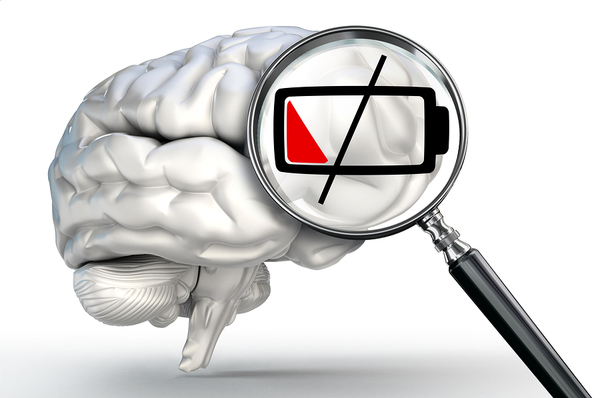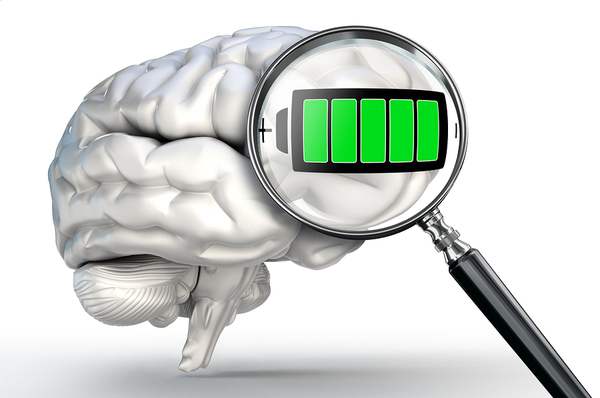
Does your brain need a break? The fast-paced modern world seems to demand that your brain constantly respond to stimuli, from working long hours to making yourself available by phone and email 24-7 and even binging Netflix in your spare time.
The average person now takes in about 174 newspapers’ worth of information every single day, about five times more information than we did just 30 years ago. Furthermore, U.S. workers on average work about eight hours more per week than British employees, and only one in four get a paid vacation in a typical year.
It’s no wonder people feel stressed and overloaded, and why your brain may not feel like it’s functioning very well sometimes. It’s important to take brain breaks, to find some downtime for your brain.
What Brain Overload Can Do
The insula is the part of your brain that regulates attention. When you continually switch your attention between different tasks, such as checking your email, making phone calls, and reading documents at work, your insula burns out, and you have trouble focusing on anything.
Furthermore, your brain doesn’t shut off during these breaks, it actually becomes more active in different ways that are important for creativity and decision-making, and that can’t happen if you don’t take breaks. When you don’t get breaks that your brain needs, your body also can’t lower its levels of the stress hormone cortisol, and high cortisol levels over time can damage the brain’s hippocampus, which controls learning and memory.

Simple Brain Breaks to Try
Even if you work long hours or have a job that requires intense focus, you can find ways to give your brain the downtime it needs. Here are some ways to get away from it all, even just for a few minutes.
Get outside. Even a few minutes outdoors can activate different regions of your brain, and sunshine also boosts serotonin and vitamin D levels. You can also look out a window if you just can’t get outside.
Exercise. Even five minutes of stretching or walking up and down the stairs between tasks at work will give your brain a chance to process what you’ve learned and get memories into long term storage.
Take a short nap. If you feel drowsy during the work day and can get a brief nap, it will reset your insula as well decrease feelings of sleepiness and put you in a better mood as well.
Meditation. Spending time each day in meditation (can include prayer) has positive effects on the brain, including reducing activity in the amygdala, or fear center of the brain, and stimulating the part of the brain associated with positive emotions.
Unplug completely. Spending a few minutes several times a day in silence without your phone or other devices nearby helps your brain continue to focus well and to recharge after being used for a long period of time.
Have novel experiences. New and different experiences get the brain working in different ways and serve as mental downtime.
Brain breaks can help improve your learning skills and your memory over time. If you are interested in learning something new, CCSU offers continuing education courses for adult learners of all ages. Join our mailing list for updates on upcoming courses.
